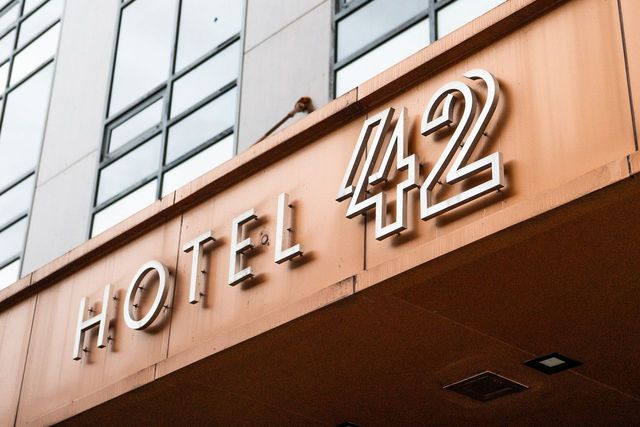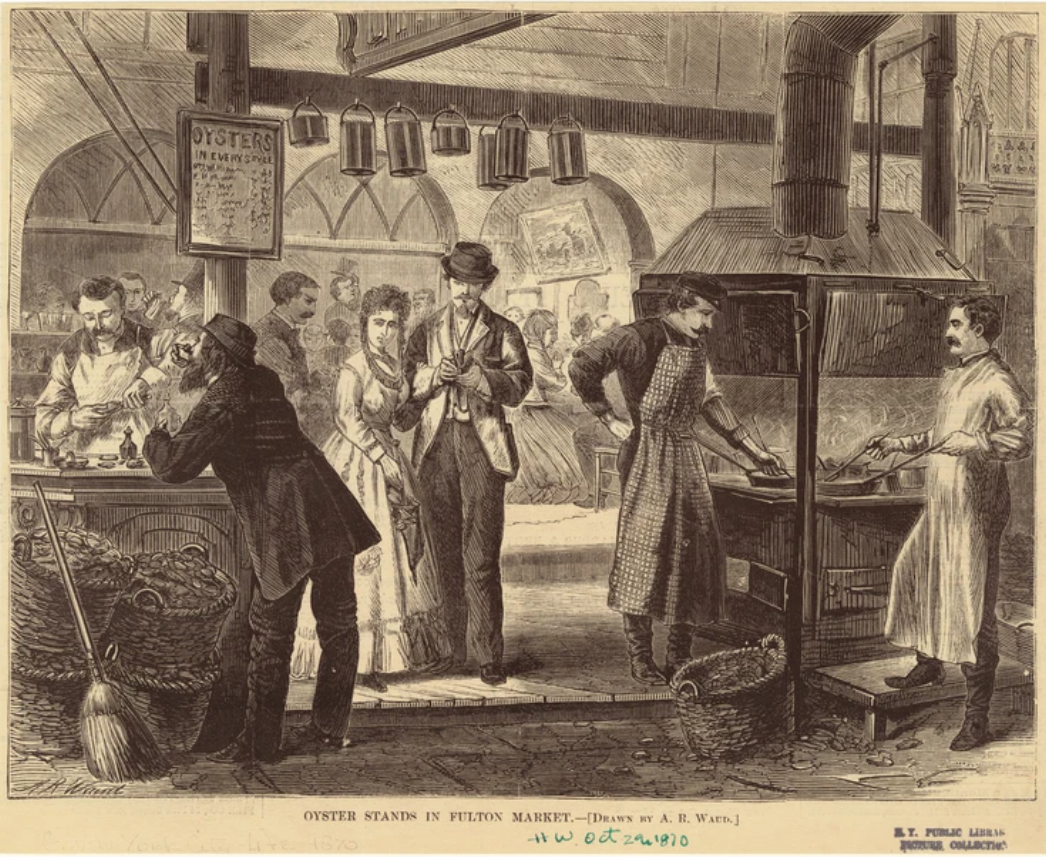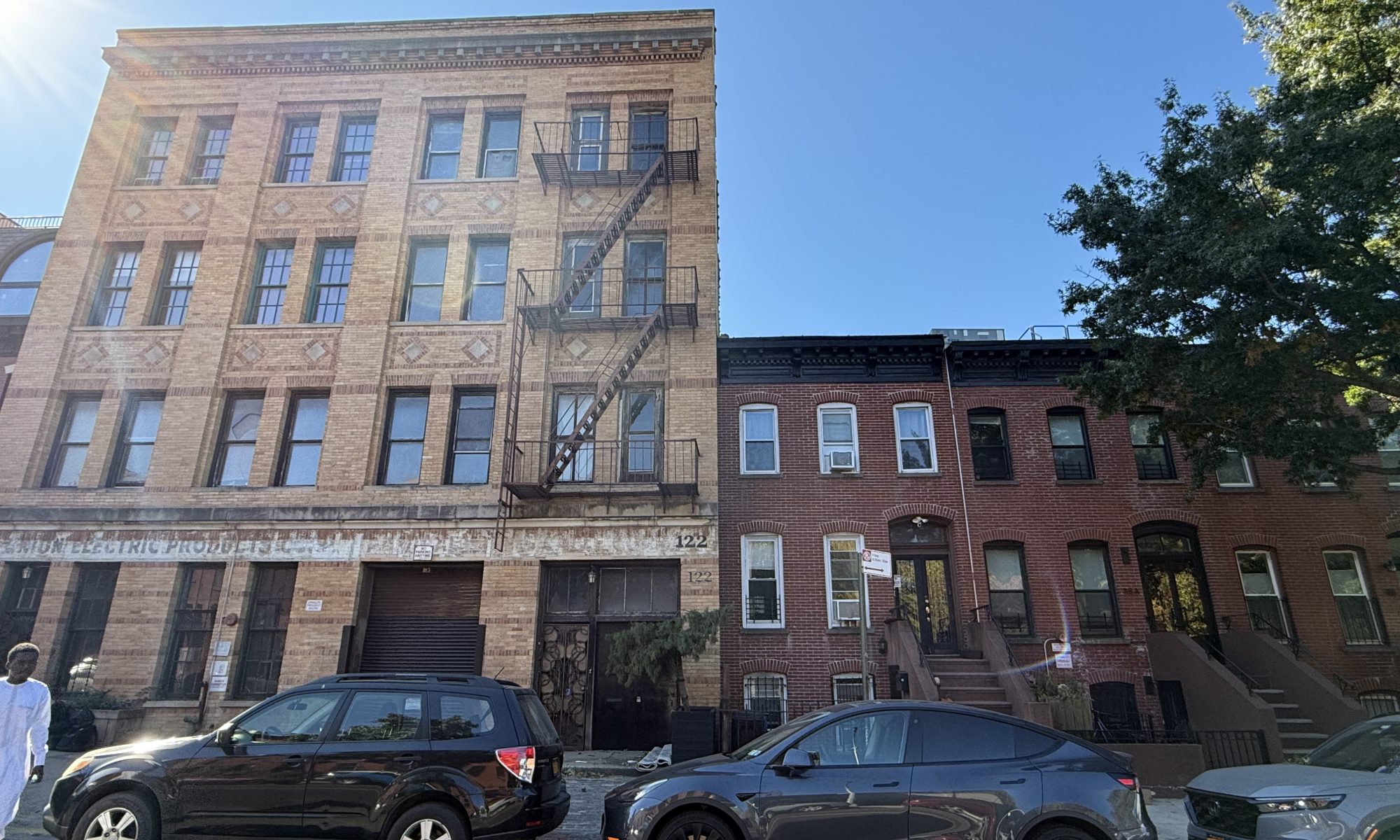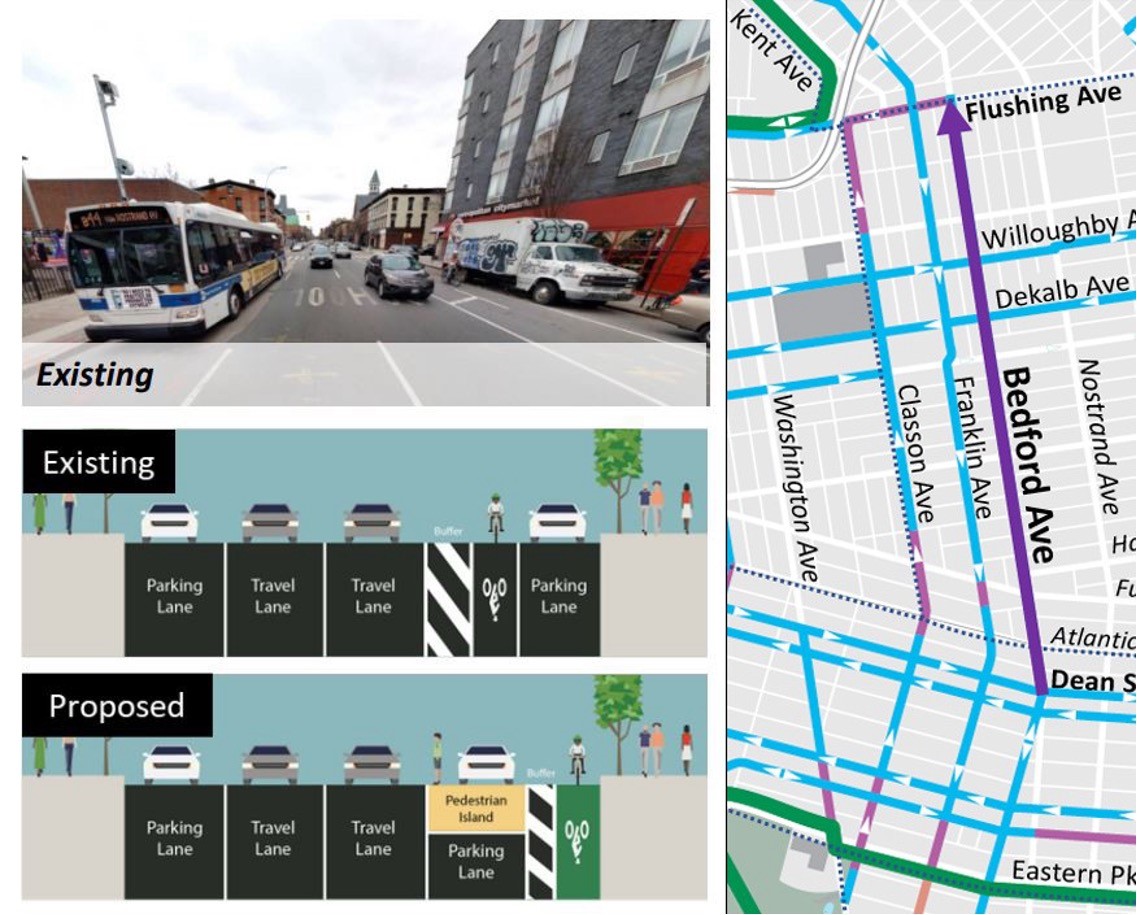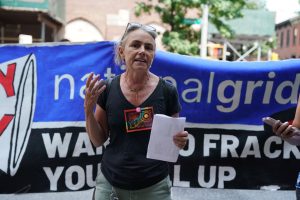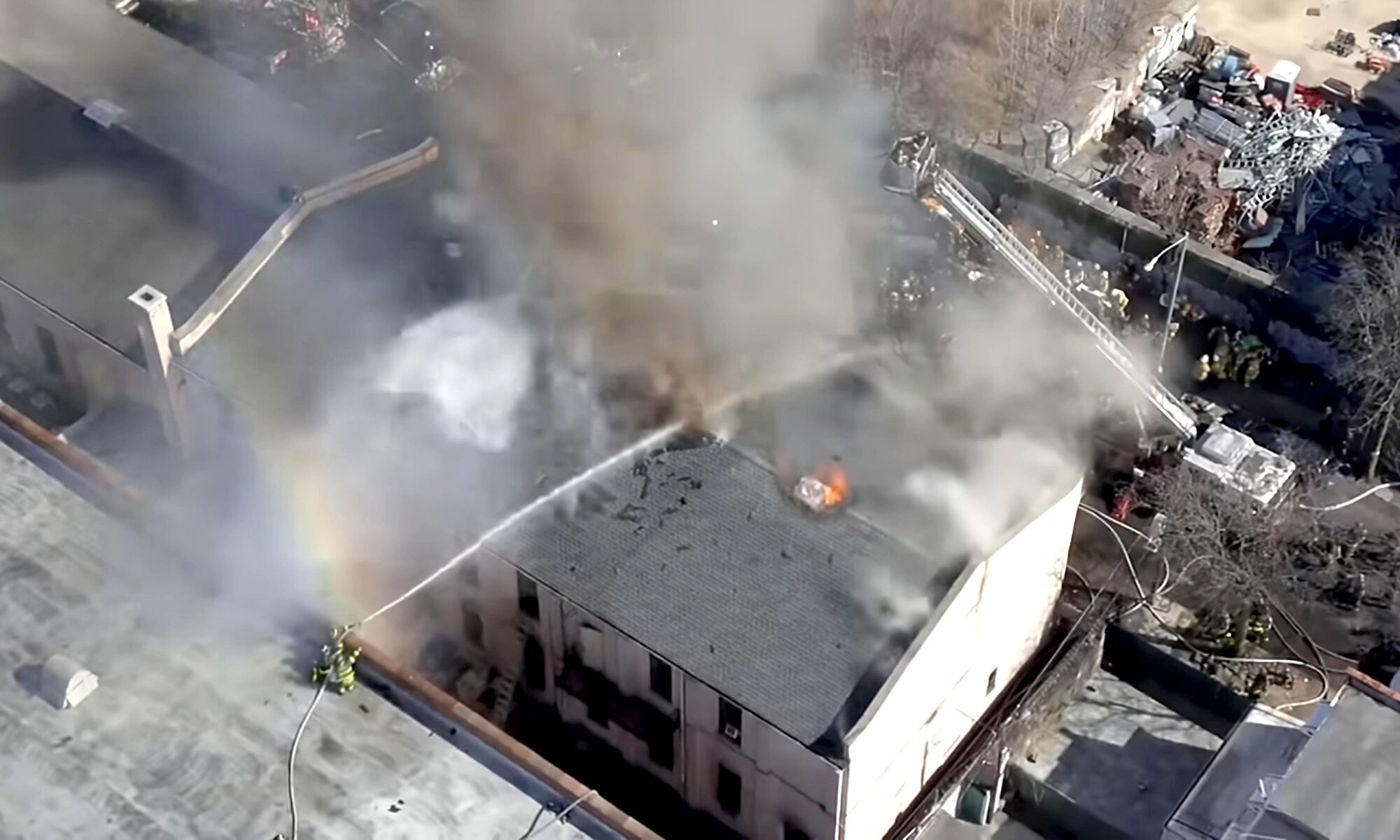By JACK DELANEY | jdelaney@queensledger.com
In just over a month, the city is relaunching a program that will increase tax revenue, but may put some New Yorkers — especially older adults — at risk of losing their homes. Here’s what you need to know.
What is a tax lien sale?
When the pandemic hit, the amount of overdue property taxes in New York City began to skyrocket. Last year, it reached an all-time high of over $880 million — more than doubling since 2019. That poses a major threat to the city budget, given that the property tax is its single largest source of revenue, but officials think they have a solution. They’ve pointed the finger at a practice that expired several years ago: the tax lien sale.
A lien is a legal claim on an asset — essentially, it’s the right to collect a debt. Before 1996, homeowners who were significantly behind on their bills would deal directly with the city, which if not paid could eventually foreclose on a property. But managing those confiscated properties was a headache; by the early 90s, the city was spending millions of dollars repairing houses, and getting stuck with them for an average of 19 years.
In 1993, the city stopped foreclosing on houses for unpaid taxes entirely. It still needed to collect them somehow, though, so then-Mayor Rudolph Giuliani decided in 1996 to sell the liens to private investors — let them deal with it, the rationale went, and the city would reap at least a portion of the money owed without shouldering any burden.
The upside was clear, but tax liens sales also had a murky history. The practice emerged during the Great Depression, writes Margaret Newkirk of Bloomberg, and later spread to cities where speculators often targeted poor minority neighborhoods, stripping residents of their land or extorting them through exorbitant interest payments.
Today’s tax lien system has grown even larger, but it’s also more regulated than its earlier incarnations. While investors buy up to $5 billion worth of tax liens across thirty states each year, typically through a trust, less than 1% of those liens now lead to foreclosure. Lawmakers have been actively tweaking the specifics, too. When New York folded water bills into the program in 2007, it also included a range of reforms to improve outreach and minimize impacts on low-income residents, and it has added new protections every few years, including its latest bill.
The bottom line: on May 20, the city will be auctioning off property tax liens to private investors for the first time since 2021, along with the rights to unpaid water and sewage bills. (During deliberations in 2024, the City Council considered permanently scrapping the sale, but anxieties over the recent trend of unpaid property taxes won out.) However, there’s still time for New Yorkers to find out whether their debt is being sold, and to take preventative measures if so.
Who is at risk?
In technical terms, commercial properties, larger residential rentals, and other vacant land are eligible for a lien if bills are 1 year overdue; for Housing Development Fund Corporations (HDFCs), a class of affordable housing co-ops, that number is 2 years; and for smaller properties, the liens becomes possible for debts older than 3 years.
For the average New Yorker, the good news is that many buildings won’t be included in the tax lien sale. Homeowners with mortgages generally have escrow accounts which preclude overdue payments, for example. And even if you’re behind on your bills amid an affordability crisis of staggering proportions, applying for a property tax exemption could remove you from the auction.
The city offers four main types of exemptions: the Senior Citizen Homeowners’ Exemption (SCHE), the Disabled Homeowners’ Exemption (DHE), a range of Veterans Exemptions, and the Not-for-Profit Exemption. While the deadline has technically passed to receive discounts for next year, the Department of Finance will work with eligible residents who reach out now. To learn more, visit nyc.gov/site/finance/property/property-lien-sales.page# — each exemption expires at a different rate, so it’s important to keep abreast of the details.
But the fact that the exemptions exist doesn’t necessarily mean that administrators will guide homeowners to them without prompting. Rachel Geballe, deputy director for the Brooklyn office of Legal Services NYC, recalls one horror story in particular.
“I had a client who was elderly and blind, so she was guided by her daughter, and she was definitely eligible for both a senior citizen and a disability exemption. She got up to the desk and she said, ‘I’m on the lien sale.’ And they said, ‘Okay, well, sign this payment plan.’ So they put her right away into a payment plan that she actually couldn’t afford, whereas they could have given her the exception that would have also gotten her off the lien. Instead, she defaulted on the payment plan and her lien was sold.”
For seniors without support, the story might end there. Thankfully, Geballe’s team was able to secure a retroactive exemption for that client, which has been a focus of recent reforms.
“While we have made significant reforms to the lien sale, there will still be those owners who fall into arrears when they could and should be benefiting from property tax exemptions,” said City Councilwoman Sandy Nurse, introducing a bill at a hearing this January. “By allowing eligible homeowners to have these exemptions applied retroactively, we can bring at-risk households into compliance, save people’s homes, and stabilize neighborhoods.”
As with any situation involving both an information gap and large sums of money, scams abound. “Because the list of people who are subject to the tax lien sale is public,” said Geballe, “we do see scammers just go down the list.” Those named are “nervous that their liens are going to be sold, they’re in distress, and they are vulnerable,” she noted. “Many of them are elderly or disabled. And heirs are particularly vulnerable because there might be 20 heirs [to a property], ultimately, and you can scam one or two of them.”
Lastly, the tax lien sale doesn’t only affect homeowners. “In any given year more than 85% of residential units in lien sale properties with residential units are rental units,” a 2024 report by East New York Community Land Trust found, and “the vast majority of these properties are owned by absentee landlords.” The report cited a case in which dozens of Queens residents were evicted from their apartments without advance notice, after the owner of the lien arrived to claim the property — the landlord had been deep in debt, but none of the tenants had realized the building was on the lien sale list.
What should I do?
The first step is to get informed. Under the latest iteration of the program, if you are at risk of being included in the lien sale, you will receive warning notices in the mail 90, 60, 30, and 10 days before the sale. You can also read the full list on the Department of Finance website (see above).
If you receive a warning notice, you will have to either (1) apply for one of the various exemptions, (2) enter into a payment plan, which could entail reduced interest rates, or (3) simply pay the bills, if you’re able.
Although this process can be confusing and stressful, there are systems in place to help. “There are free legal services available,” stressed Geballe. “The number one thing [to remember] if somebody is calling or door-knocking you, is, ‘Hey, that’s not the person to trust.’ You can call 311 and be connected to nonprofits that have been vetted and funded for this purpose, and they will never charge you. And they’ll help you navigate it all.”
